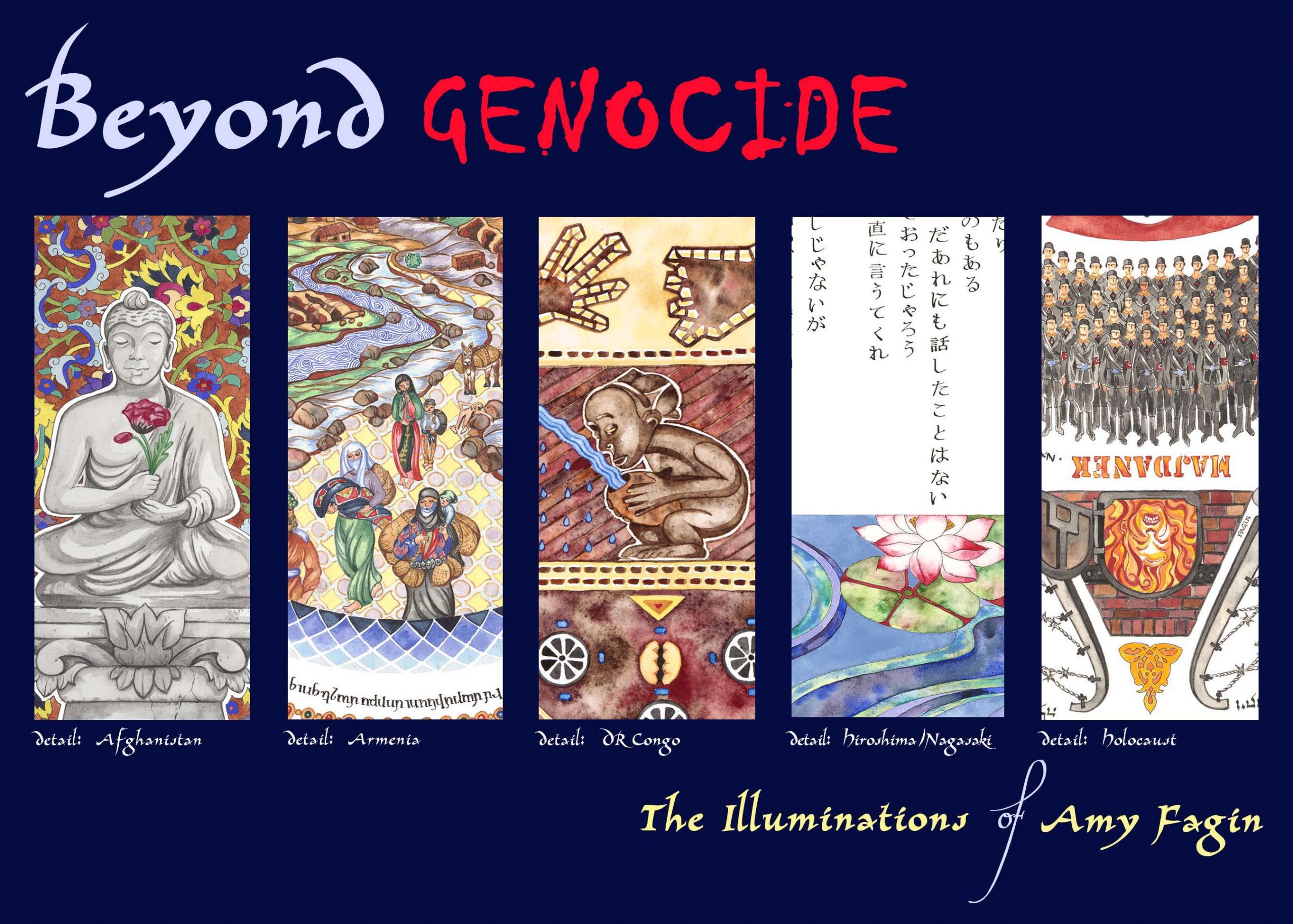by Samuel Totten
Beginning in late January 2012, as malnourished refugees from the Nuba Mountains poured over the border into South Sudan, the international community discussed opening up a humanitarian corridor into the Nuba Mountains. Since then, the people of the Nuba Mountains – some 50 plus tribes of Muslims, Christians and animists – have faced daily bombings and been forced from their villages. Many have only sporadically been able to work their farms. Already eating food they wouldn’t normally touch until May, food stores have dwindled, while rates of starvation and malnutrition have soared. The constant fear is that when the rainy season sets in and it’s nearly impossible to travel the muddy, swampy dirt roads, mass starvation will set in and become a fact of life – and death. Yet the international community has failed to provide desperately needed humanitarian support.
The Government of Sudan adamantly refuses to allow any international agencies into the Nuba Mountains or Blue Nile, thus preventing humanitarian aid from reaching those in need. The international community seems handcuffed, either out of being truly flummoxed over how to act vis-à-vis certain situations or, in the case of individual nations, being so wedded to the notion that it is only worth acting when it is to their best interests or benefit. Often organisations, like Waging Peace – an NGO which campaigns against human rights abuses and genocide in Sudan – Human Rights Watch and Amnesty Internal are left as the only ones willing to shine a light on the atrocities perpetrated by the regime in Khartoum. [include link to Guardian article]
Frustrated by the inaction of the international community, a small group of individuals in the U.S. recently decided to take the matter into their own hands. The members of the group – two professors and five individuals closely tied to various Christian churches and organizations – have all been involved in Sudan in one way or another.
Raising more than 50,000 USD, the group purchased five and a half tons of traditional foods (sorghum, lintels, salt, and cooking oil) and transported it up and into the Nuba Mountains. By using direct action, the group hopes to shame decision makers at the UN and within the United States into action.
After many failed attempts, last month a lorry packed to the brim with the five tons of food made its way across South Sudan and on up into the Nuba Mountains. Meanwhile I headed up into the Nuba Mountains on Christmas Day hauling another half ton of food in the Toyota Land cruiser I rented. As my driver, interpreter and I rumbled along the dusty and potholed dirt roads, we kept a vigilant eye out for Antonovs on bombing runs and hid in wadis (dry riverbeds thick with trees) until the planes had flown by.
While almost everyone in the Nuba Mountains wakes up and goes to bed hungry, those who reside high up in the mountains and great distances from the suqs (in some cases a four-day walk over mountainous terrain) are suffering severe malnutrition and starvation. A representative of the Nuba Mountains Relief, Rehabilitation and Development Organization (NRRDO) reports that 100% of the infants up in the mountains are suffering from severe malnutrition to starvation. As Dr. Tom Catena, the only surgeon at the only hospital in the Nuba Mountains, observed to me, the effect of hunger on the population can be far reaching. Babies are born smaller. Mothers have less milk for their babies. TB increases. Pneumonia increases. There are more broke bones as children climb trees and scramble up mountainsides in search off food. He told me of one child who was admitted with such a badly broken arm after falling out of a tree in search of tree leaves to eat that his arm had to be amputated.
If ample amounts of food are not somehow delivered and stored in the region prior to the outset of the rainy season it could possibly result in mass starvation.
Our first five tons were successfully delivered to different points in the Nuba Mountains: Kurche and Kauda. Understandably, the recipients were overjoyed, expressing their appreciation with their smiles, words of thanks and patting their hearts with the palms of their right hands.
The team – which goes by the name End Nuba Genocide – is currently raising new funding to haul another five tons of food into the Nuba Mountains in April. Five tons may be a drop in the bucket in regard to what is needed, but it provides ample evidence to the people in need that they have not been totally forgotten by the world and it is enough to stave off severe malnutrition and starvation for at least a handful of people.
For the time being, at least, its seems that such initiatives by intrepid individuals and ad hoc groups may be the only way forward in helping those in extreme distress and dire need when the international community is, for whatever reason, not willing to step up and honor the relatively new concept of “the responsibility to protect” (that is, it is the responsibility of each government to protect its own citizens and when it fails to do so, then it is the responsibility of the international community to step in and protect such individuals). In that regard, the End Nuba Genocide Coalition plans to lead the pack and act as a role model in that regard.
Sam Totten is a genocide expert, Professor at the University of Arkansas.
